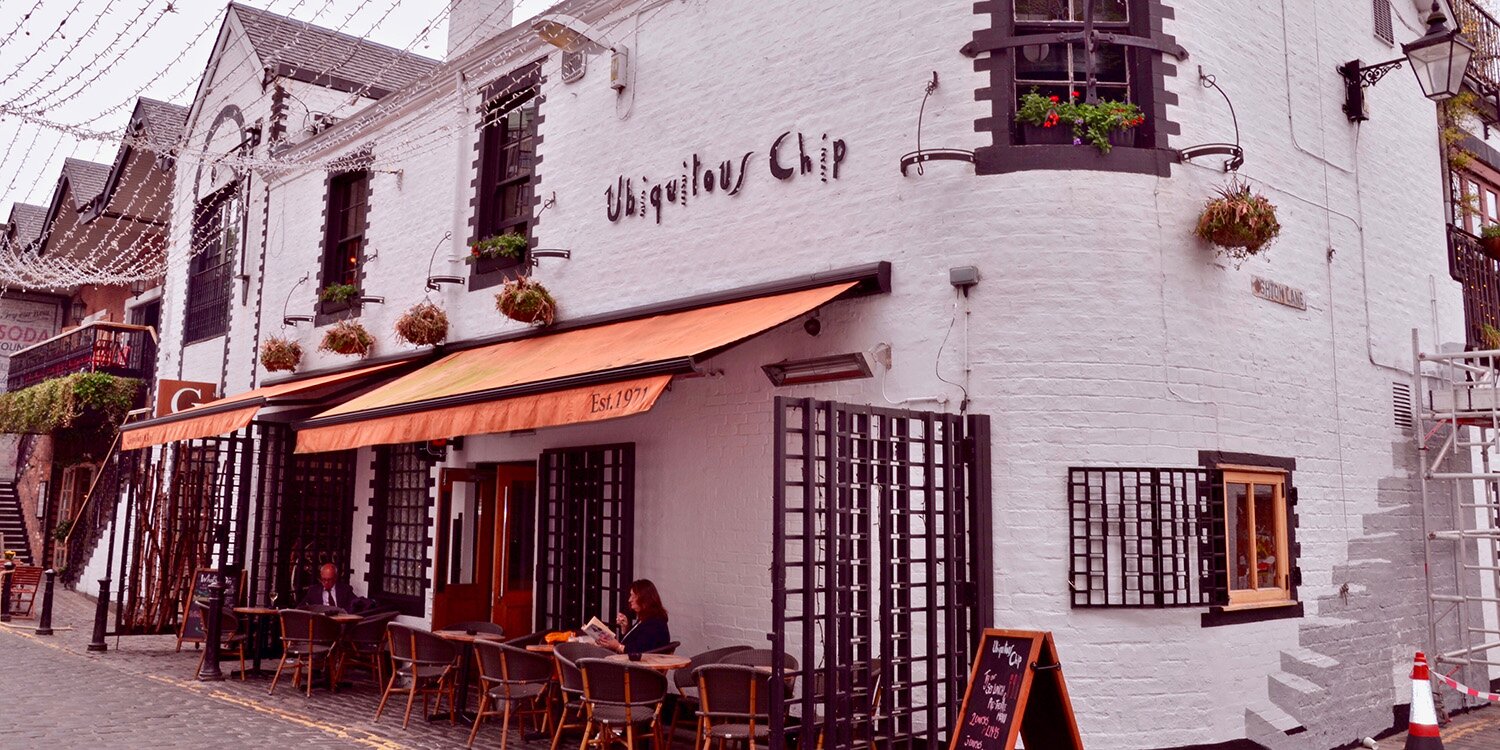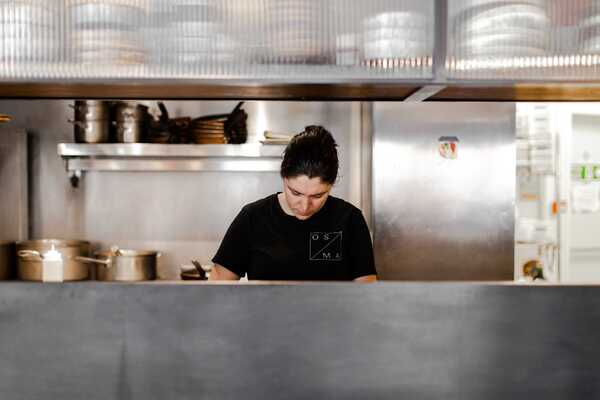Wake-up call: Can I open a restaurant in Scotland?
The restaurant rules north of the border are different and require some forethought before the grand opening, advises Fiona McKinnon
If you’re thinking of expanding your business by opening a restaurant in Scotland, you should consider the legal requirements before taking the plunge. Scotland has a separate legal system, so it’s important to understand the key differences at the outset.
Expert advice
Worry not! Despite the different laws, opening a new restaurant north of the border is achievable, as shown by premium brands doing just that. The key to success is being prepared.
Leases
Scots law has no equivalent to the Landlord and Tenant Act, and it is your lease contract that governs the landlord/tenant relationship, supported by common law. In England, each party signs its own lease/disposition, which is exchanged on completion. In Scotland, contracts for sale or lease are formed by a formal offer by the solicitor for one party and a concluding letter from the other party’s solicitor, known as missives. There is no need for either party to sign paperwork at this stage, although they are legally bound by the missives. Instructing a Scottish lawyer early is therefore essential.
Property tax
Land and buildings transaction tax (LBTT) applies in Scotland instead of stamp duty land tax. Your advisers should run an LBTT calculation and submit an LBTT return to Revenue Scotland on completion of the lease/purchase.
Building warrants
You apply for a warrant for any fit-out works to the relevant local authority. An application cannot be refused as long as it complies with building regulations and legislation. Using an architect with experience in Scotland will ensure your application is compliant. No work should begin until the warrant has been issued.
If you are changing the premises’ use (eg, from retail to restaurant), you must submit a planning application for change of use, which the local authority has discretion to refuse. Ensure the ‘date of entry’ in your lease is triggered only once you have a building warrant, so a fit-out can start straight away and you don’t run down any rent-free period waiting for the warrant to be granted.
Employees
Employment law is the same across the UK. However, if you intend to recruit from overseas, consider asking a lawyer to assist with obtaining work visas or employment queries. Otherwise you may encounter delays.
Premises licence
Scotland has different licensing laws, but the result for operators is the same: a premises licence to sell alcohol is required from the local Licensing Board, which includes conditions about where and when you can sell it. You or your restaurant manager must hold a personal licence to sell alcohol from licensed premises in Scotland, even if you already hold a premises licence in England. To be a designated premises manager (DPM) north of the border, you need to obtain a separate personal licence. This aspect is frequently overlooked. Helpfully, if there is an existing premises licence for the site, then this can be transferred to the incoming tenant or purchaser, and a variation of DPM can be submitted along with the transfer application.
If no premises licence is held for the site, then you need to attend a hearing to determine whether one will be granted. This is not a given, so expert advice should be sought. We recommend a licensing lawyer should attend to ensure licensing criteria are satisfied.
Checklist
- LBTT: calculate the amount you owe and submit a tax return to Revenue Scotland following the purchase or lease.
- Building warrant: submit plans to the local authority building control officer in plenty of time before fit-out starts.
- Planning change of use or consent to fit-out: submit a planning application as soon as possible and ensure your contract is conditional on planning consent being granted.
- Employees: ensure international staff have work visas, and/or personal DPM licence.
- Transfer of premise licence: check it, transfer it to your business and make an application for any required variations.
Beware
Delays are guaranteed if you don’t plan ahead and running into red tape when aiming for a successful opening night can be frustrating. Issues around visas or licences will push back an opening, and choosing to go ahead without them can have repercussions – including site closure and removal of your licence.
Contact
Fiona McKinnon is a partner and expert in retail and leisure at Anderson Strathern
Photo: Edinburghcitymom/shutterstock



















